THE CRISIS AT HAND
Coral COVID, or Stony Coral Tissue Loss Disease (SCTLD), is ravaging the reefs of The Bahamas. If nothing is done immediately The Bahamas’ chief ecological, reef fisheries and tourism generating asset will be completely wiped out within five years and their associated fisheries will collapse. Only a few days ago the disease was further reported in the Fowl Cays Land & Sea Park in Abaco, and the spread verified more widely around New Providence. There are verified reports across the entire country. For reasons impossible to understand to all scientific and environmental stakeholders the only thing stopping life-saving work to save the country’s reefs is basic – what used to be routine – permits issued by the Department of Environmental Protection and Planning (DEPP).
Now, the nation’s top environmental scientists and conservation NGOs are imploring the Government of The Bahamas to act now – to issue a slough of scientific permits now across a broad range of issues. Many dozens of routine permits have been held up through the entirety of 2021 and now over two months into 2022. This, despite Government claims on radio as recently as March 2, 2022 that action is being taken on the coral disease. Where is this action?

In response, representatives from The Bahamas National Trust (BNT), Perry Institute for Marine Science (PIMS), The Island School’s Cape Eleuthera Institute (CEI), Waterkeepers Bahamas, and others will host a press conference this Friday, March 4th, at 11 am in Nassau, The Bahamas. Experts will urge decision-makers to deliver on their promise to protect the nation’s coral reefs and issue compulsory research permits so qualified environmental scientists can get to work to stop the spread of Coral COVID.
The Perry Institute, in particular, received a mutually agreed contract with the Department of Marine Resources (DMR) to conduct broad-sweeping SCTLD research, monitoring and treatment across The Bahamas in May 2021. But without a research permit from DEPP, their work remains at an alarming standstill while SCTLD continues to massacre reefs at rates of up to 50 m per day. In addition to life-saving treatment available now, this research will inform strategies to save coral reefs.
Tune into Facebook Live tomorrow, March 4th at 11am to attend the press conference and learn more.
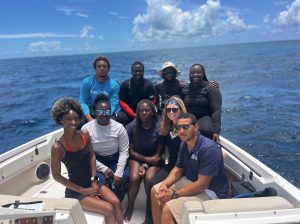
Become a PADI Dive Instructor in The Bahamas | Conservation-Focused IDC
Become a PADI Dive Instructor in The Bahamas | Conservation-Focused IDC | Perry Institute for Marine Science Education & Training Ready to take your diving skills to the next level
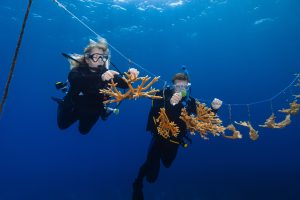
Stream2Sea Coral Care: The World’s First Reef-Positive Sunscreen
Stream2Sea Coral Care: The World’s First Reef-Positive Sunscreen | Perry Institute for Marine Science Conservation Partners Stream2Sea Coral Care: The World’s First Reef-Positive Sunscreen Discover why PIMS has partnered with

Build a Coral Reef for the Holidays | PIMS x Partanna
PIMS is partnering with Partanna to build a 100m² carbon-negative reef. Rick Fox is matching donations up to $25k. Help us build a sanctuary for the future.
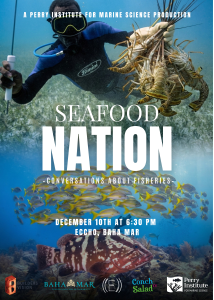
“Seafood Nation” Documentary Premiere Explores the Heart of Bahamian Culture and the Future of Fisheries
NASSAU, The Bahamas | December 5, 2025 – From the bustling stalls of Potter’s Cay to family kitchen tables across the archipelago, seafood is far more than just sustenance in
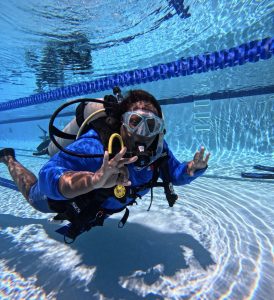
PIMS and Disney Conservation Fund Partner to Train 19 Government Divers
PIMS dive training in Nassau strengthened national coral restoration capacity across government agencies. Bahamas Dive Training Builds National Coral Restoration Capacity Last fall, between the months of September and October,
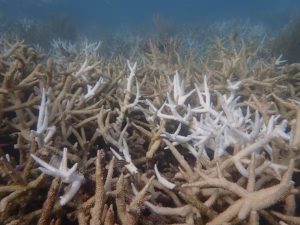
Florida’s Coral Reef Crossed a Line: What Functional Extinction Really Means for Elkhorn and Staghorn Corals
Reefs didn’t just bleach. They functionally vanished in one summer. A new Science study co-authored by researchers from the Perry Institute for Marine Science (PIMS) has found that Florida’s two



